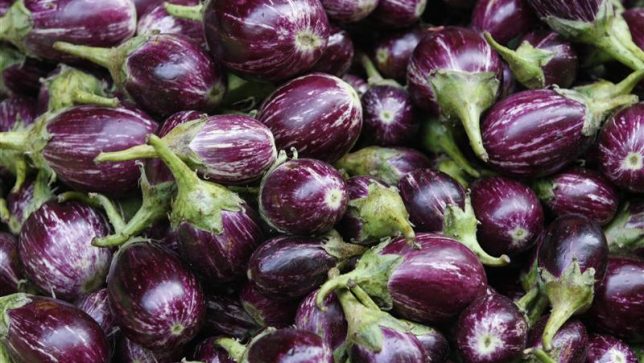The United Nations Food Systems Summit held last September was eclipsed by a powerful countermobilization effort led by farmers and scientists, as well as civil society groups allied with Indigenous communities and small-scale food producers across the world. These are the very people critical to achieving the summit’s stated goals of ending hunger and promoting sustainable agriculture. The scientists and advocates accused summit organizers of compromising on food security, democratic accountability, sustainability, and the human rights of producers and workers in favor of transnational agribusinesses.

Source: Scientific American
Opposition to the summit had been mounting since July, when hundreds of grassroots organizations challenged the organizers for framing the problem of food systems in narrow, technocratic ways and offering “false solutions” such as biotechnological interventions instead of promoting more sustainable, just and people-first ways of farming. Also in July the Philippines approved commercial cultivation of Bt eggplant, a genetically modified (GM) food that produces a protein that kills eggplant fruit and shoot borers, and “Golden Rice” altered to produce beta-carotene, the precursor of vitamin A. The Philippines thus became the first country in South and Southeast Asia to approve GM rice and the second in the world after Bangladesh to approve GM eggplant.


















